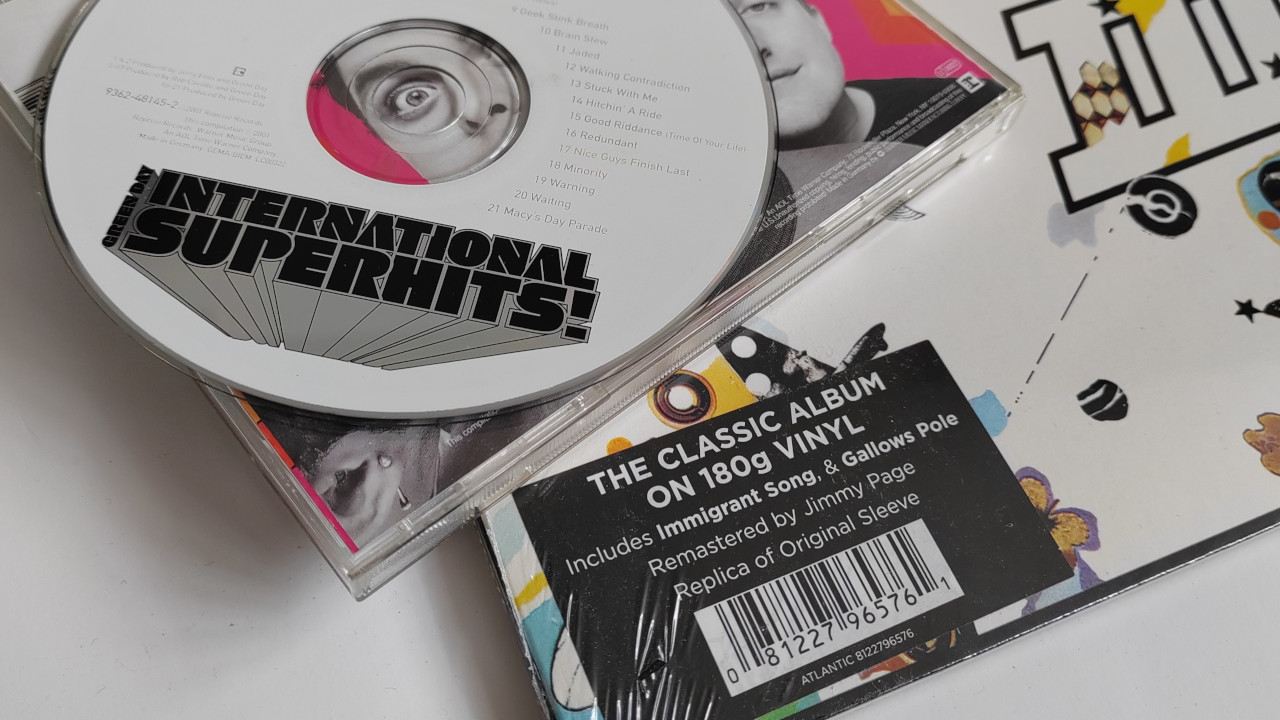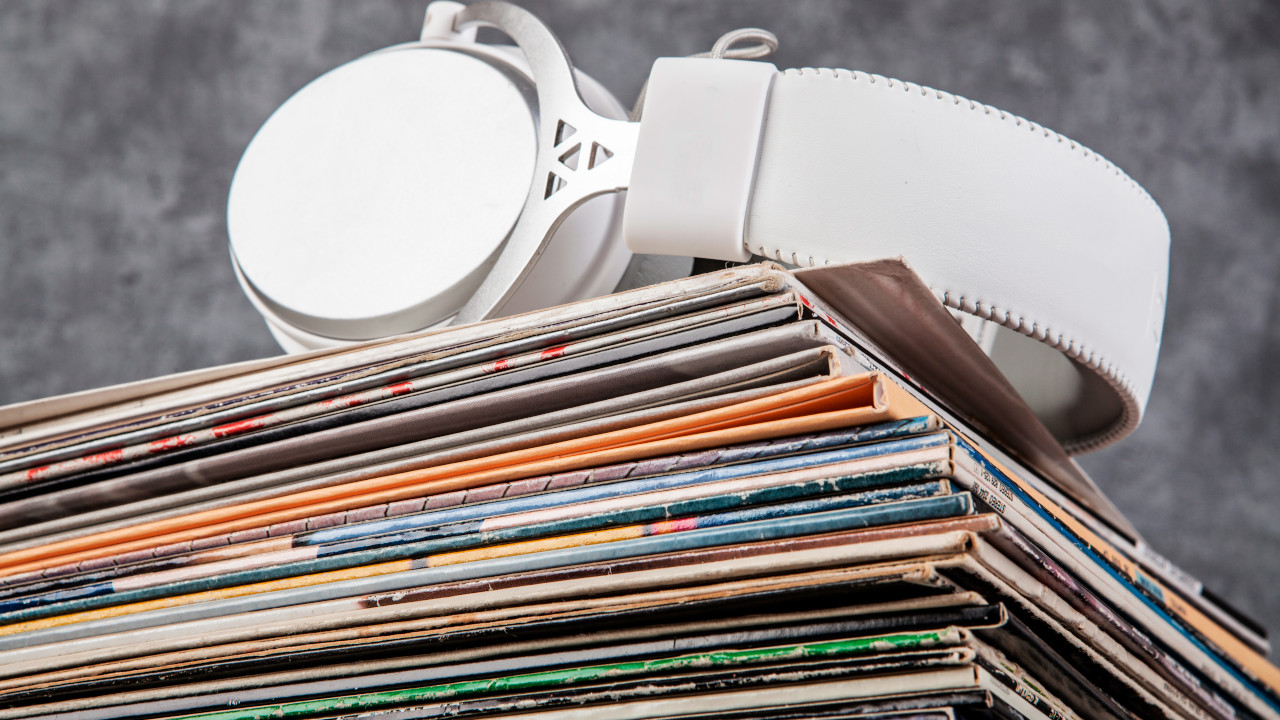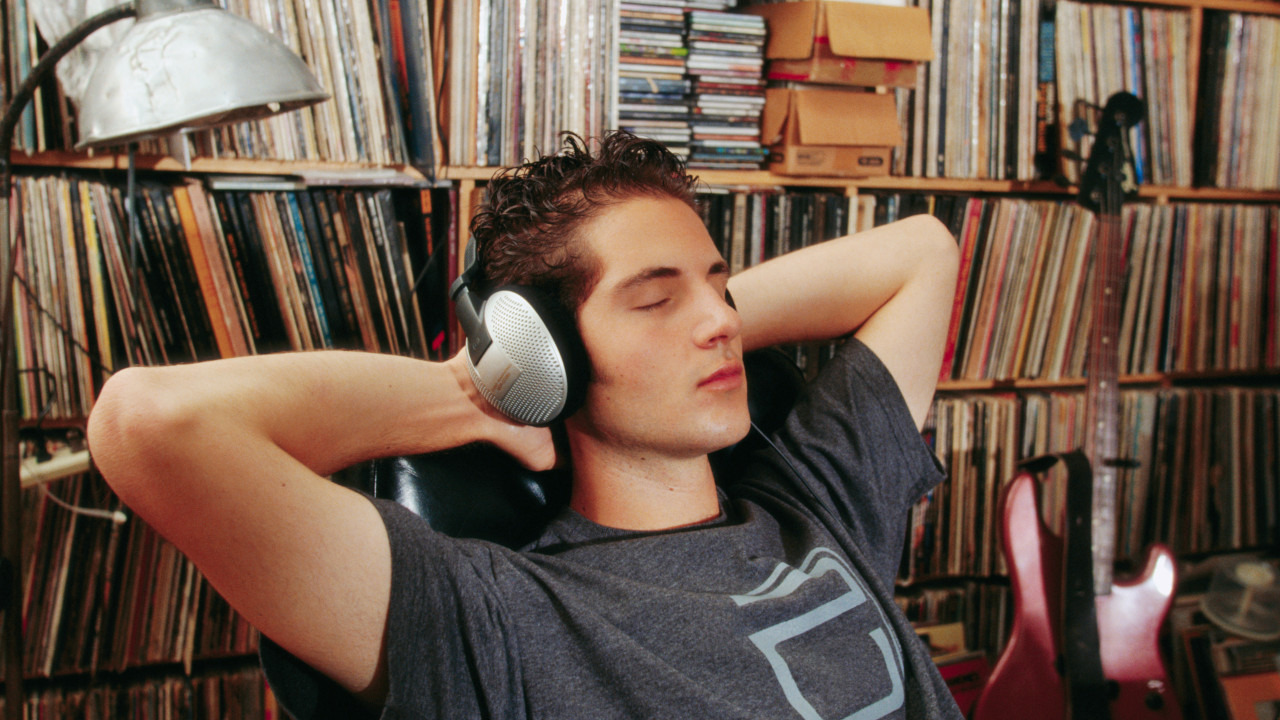It’s a debate that’s raged for decades. Which music format is best - CD or vinyl? Vinyl may have had a near death experience, but CD has never gone away - and now the two rivals are squaring up to one another all over again.
According to the last set of figures released by the BPI (British Phonographic Industry), LP sales continue to grow at their fastest rate for more than a decade. In 2023, the music business saw sales rise 11.8% to 6.1 million units. Even in this age of streaming, it seems everyone loves getting their hands on a vinyl album.
But the Compact Disc, introduced in 1982 as the digital successor to the analogue platter, is holding firm at 10.8m units annually. It may not be quite so fashionable, but the humble CD continues to shift units.
If you’re a born again record buyer (or a new convert), is now the right time to once again turn to the CD?
For me, there are two very obvious reasons to favour the silver disc over vinyl. For one, it’s smaller and both new releases and vintage finds are invariably much cheaper. But the question is, does it really sound better?
Overview

Unlike analogue LPs that were first introduced in the 1940s, CDs store information as binary ones and zeros. This data is read by a laser and converted into an analogue signal. The CD was launched with the marketing slogan ‘perfect sound forever,’ and while this may have turned out to be rather optimistic, the very best can sound phenomenally good. The sound is clean, with no pops or crackles.
Of course, CD is a time-locked, 1980s technology. With a sampling rate of 44.1kHz and 16-bit quantisation, it was the best technical solution for the space available on a compact disc at the time: 16-bit 44.1 kHz gave us 74 minutes of music on a single disc. And of course, back in the 80s, DACs (Digital Analogue Converters) were nowhere near as sophisticated as they are now.
These days, the ‘perfect sound’ format has been superseded by high resolution streaming, but in the world of physical formats, CD still stands up to scrutiny.
How do CD and vinyl compare?
Critical listeners may find CDs too clinical in their delivery. The level of detail served can be startling, particularly if you’re used to an analogue presentation which might smooth over transients. But CDs also tend to be more immediate and exciting. Personally, I think it’s a brilliant format for hard rock and metal.
I find vinyl less aggressive. It’s a natural fit for prog, as it’s adept at revealing layers of sound and differentiating instruments. Vinyl records are particularly good at creating that sense of space and air around musicians. Many might describe it as a more natural sounding format.
Differences between CD and vinyl can be subtle, and much depends on the playback chain they’re a part of. And for me that’s the key differentiator.
To hear vinyl sound its best, you need to invest in one of the best record players around, which has been correctly set up. You’ll need to pay attention to things like cartridges and tone arms, and the rewards can be sonically profound. The higher you go up the vinyl expense ladder, the better overall performance is likely to be. But the format isn’t immune from occasional pops and crackles.
By way of contrast, CD requires precious little expertise to get great results and offers higher quality for less, although the number of inexpensive CD players ain’t what it used to be. Increasingly newer models are aimed at Hi-Fi enthusiasts, with deep pockets.
A professional point of view

Andy Wright is an award-winning musician and recording engineer. His 30-plus year career began at London’s legendary Trident Studios where he started out as a programmer and session musician before setting up his own studio. The roster of artists and genres he’s since worked with is huge, and includes two Grammy award winning albums with guitar icon Jeff Beck.
In a battle between CD and vinyl, who does he think comes out on top?
“There are so many variables,” Wright tells Louder. “When vinyl started to make a comeback, it became important for us to check the test pressings for our artists. We did this in the studio, so it goes without saying that we had an acoustically superior environment to most domestic home listening spaces. What we found interesting at the time is that the sound was quite different when we changed the stylus.
“Another thing I’ve noticed, while occasionally in the ‘music rooms’ of wealthy people, is that the music sounds bad in there. Usually way too much bottom end, muddy and no clarity. I imagine that the Holy Grail would be a 180g heavyweight vinyl pressing with select equipment in an acoustically treated room. It would probably beat the CD for depth of sound… it would also probably feel better. I do prefer vinyl as something to have and to hold…”
Wright also says it’s about ownership, says. “Artwork is incredibly important, information about the contributors, producers, writers, studios. Certainly anyone over the age of 60 remember poring over the contents of the booklet, and reading the credits.
I do prefer vinyl as something to have and to hold.
Andy Wright
“CD is not a purist’s format. People that have a CD collection are generally either superfans that like their heroes on all formats, people that were too old to make the change, people that like to add a CD into their collection while listening on Spotify, or in a few instances, young music fans who think it’s quaint!"
But that doesn't mean he's writing off CDs, as Wright believes CDs have other virtues, including portability and storage.
Wright adds: Sadly, supermarkets in the UK aren’t stocking CDs anymore but I guess before they fit nicely into the racks next to the gift cards. Also, for new artists oddly it’s a nicer giveaway than a piece of paper with a link on it.
"CDs were a great source of income for artists, signed artists, of course but then this would apply to all physical formats. Also for smaller acts doing gigs, they would sell CDs at the venue which gave them a little more income and their music would live on in those people’s lives, homes, in a way that’s not the same with streaming.
"Often people would buy a CD to support a small band, but are less likely to buy other merch, like a t-shirt.”
Ultimately though, it probably doesn’t matter what disc you spin with Wright concluding: “No format is better than the music that’s on it."
Related guides
- Best Bluetooth turntables: Our top picks for every budget
- Best budget turntables: The best cheap record players you can buy
- Best CD players: Rediscover the OG of digital music
- Keep it old school with the best cassette players

